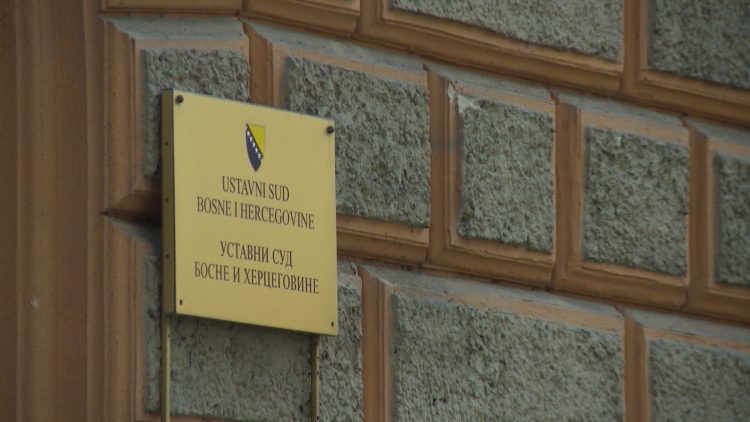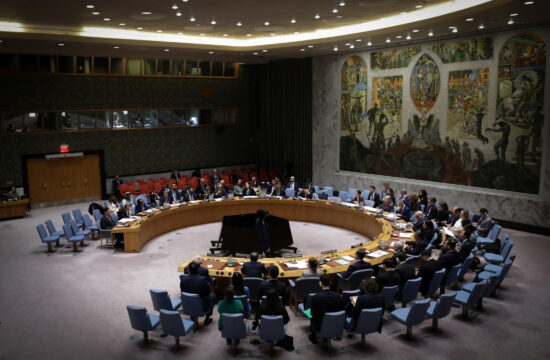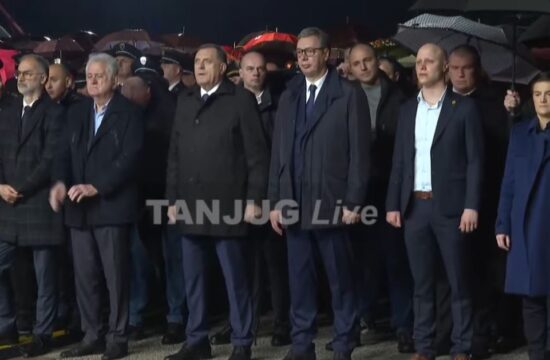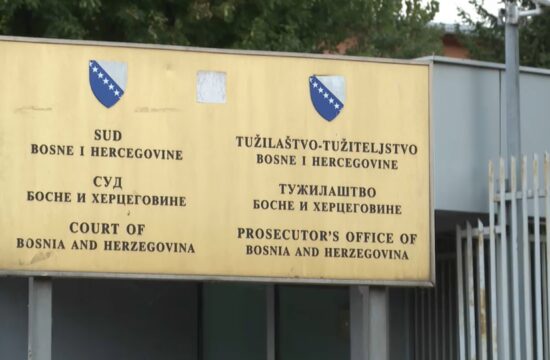
Acting on a request by Bosnian Croat politician, the Constitutional Court (CC) will on Thursday begin assessing whether a provision of the Law on Criminal Procedure regarding body searches is in line with the Constitution.
Borjana Kristo, a member of Croat Democratic Union (HDZ) who, at the time she submitted the request was the Deputy Chairman of the state House of Representatives, asked the court whether several provisions of that law were constitutional.
“In its first decision, the Constitutional Court already decided on most of those provisions, there was only one left, and it will be decided on now,” the CC Registrar, Zvonko Mijan, told the Srna news agency.
The provision which will be assessed refers to special investigative actions officers may conduct, specifically, the human rights aspect of body searches and the acquiring of specific bodily fluid samples for analysis in gathering evidence.
A request by the Basic Court in Derventa to check the constitutionality of the Law on Criminal Procedure in Bosnia’s Serb-dominated semi-autonomous Republika Srpska (RS) entity is also on the CC Thursday session agenda.
Mijan said that the request contests provisions that regulate the involvement of officials in the Prosecutor’s Office, such as investigators and expert associates, whose work is overseen by prosecutors.
The most prominent request submitted by Kristo, who asked the court whether the process of appointments to the House of Peoples in the other semi-autonomous entity in the country, the Federation (FBiH), is in line with the constitution, is not on the agenda.
The FBiH is the entity in Bosnia which is mostly populated by Bosniaks and Croats, and Kristo contested a provision within its Constitution which says that each of the ten cantons within the Federation elects at least one representative from each of the three majorities living in the country – Bosniaks, Croats and Serbs.




